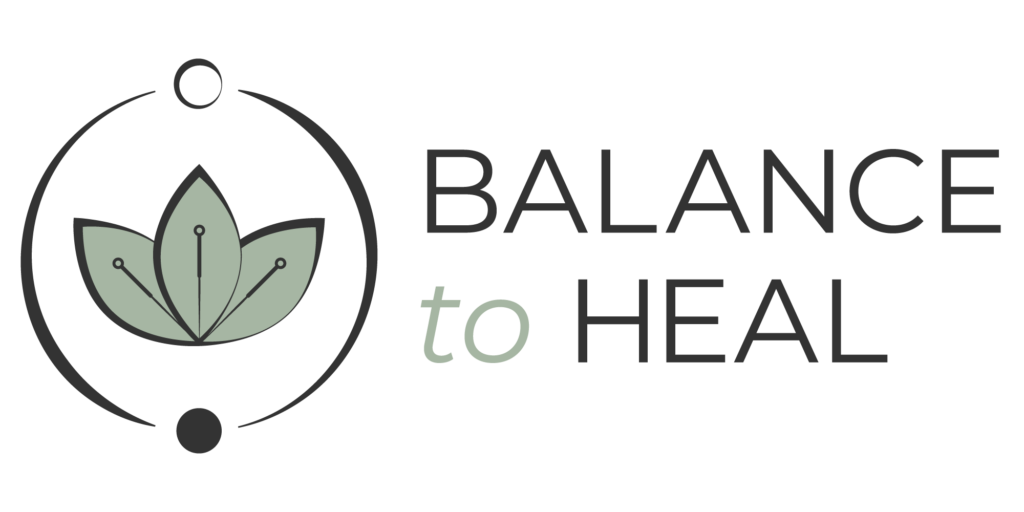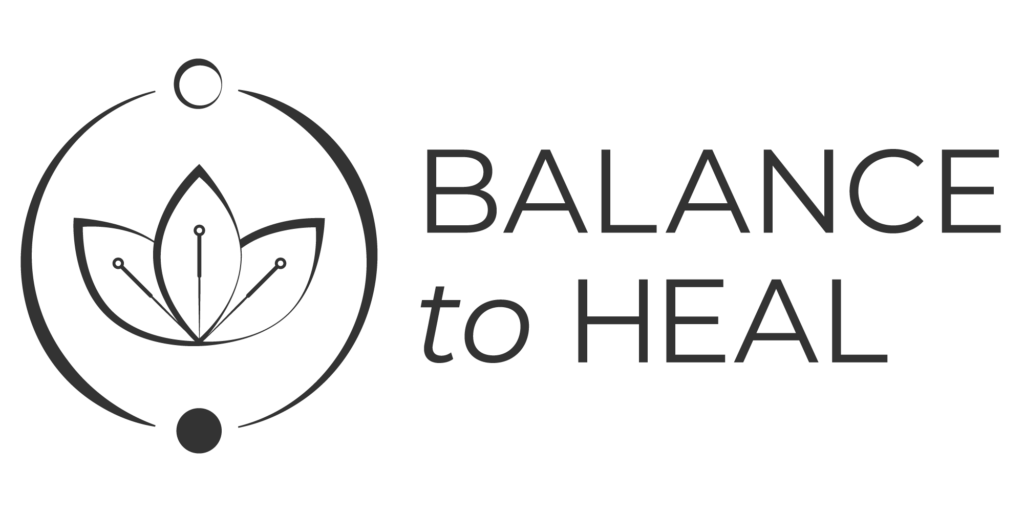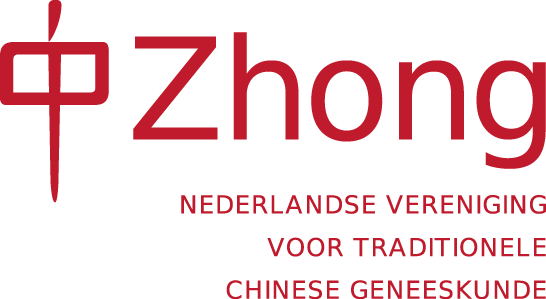Acupuncture Questions
This page provides answers to some of the most common questions about acupuncture, its benefits, how it works, and what to expect during a treatment. Whether you’re considering acupuncture for the first time or simply want to learn more, I hope you find this information helpful.
The needles used in acupuncture are very fine, so most people feel little to no discomfort. You might experience a slight tingling, warmth, or mild sensation at the needle sites, which usually means the treatment is taking effect.
Acupuncture is rooted in Traditional Chinese Medicine, which views health as a balance of energy, or “Qi” (chee), flowing through pathways in the body called meridians. When Qi is blocked or imbalanced, symptoms may arise. Acupuncture helps restore balance by stimulating specific points to encourage natural healing.
Acupuncture can address a wide variety of conditions, including chronic pain (back, neck, knee), headaches, migraines, stress, anxiety, insomnia, digestive issues, menstrual or menopausal symptoms, infertility, and respiratory problems like allergies. It also supports overall wellness.
When performed by a trained and licensed practitioner, acupuncture is very safe. The needles are sterile, single-use, and disposed of after each session. Side effects are rare but may include mild bruising or soreness.
The first session includes a thorough intake and discussion, making it a bit longer than follow-up sessions. Each visit starts with a consultation, followed by the placement of needles at specific points based on your condition. You’ll then relax with the needles in place. Many find the experience calming and restorative.
The number of sessions varies depending on the condition’s nature and severity. Acute issues may need fewer sessions, while chronic conditions might require ongoing treatments over several weeks or months.
The needles are extremely thin, so insertion is usually painless. You might feel a slight pinch, tingling, or a dull ache that quickly fades. Some people describe a sense of warmth or heaviness in the area.
Yes, acupuncture can safely complement other treatments, such as Western medical therapies, physical therapy, chiropractic care, massage, or herbal medicine.
It’s best to eat a light meal a few hours before your appointment. Wear loose, comfortable clothing for easy access to areas like the arms and legs. Avoid strenuous activities or alcohol before and after the session; light movement afterward is fine.
Acupuncture is safe for most people. However, if you have a bleeding disorder or take blood thinners, let the practitioner know. Pregnant women should also inform their acupuncturist, as some points are not suitable during pregnancy.
Some people notice relief right away, while others experience gradual improvements over multiple sessions. The effects tend to build with consistent treatment.
Acupuncture can be adapted for all age groups and is especially beneficial for prenatal and postnatal care.
Insurance coverage for acupuncture varies. Check with your provider or consult this list to confirm your coverage options.
Community acupuncture offers treatments in a group setting at a reduced cost, making acupuncture more accessible and affordable for everyone. Sessions are held in a shared space, with each person receiving individualized care.


